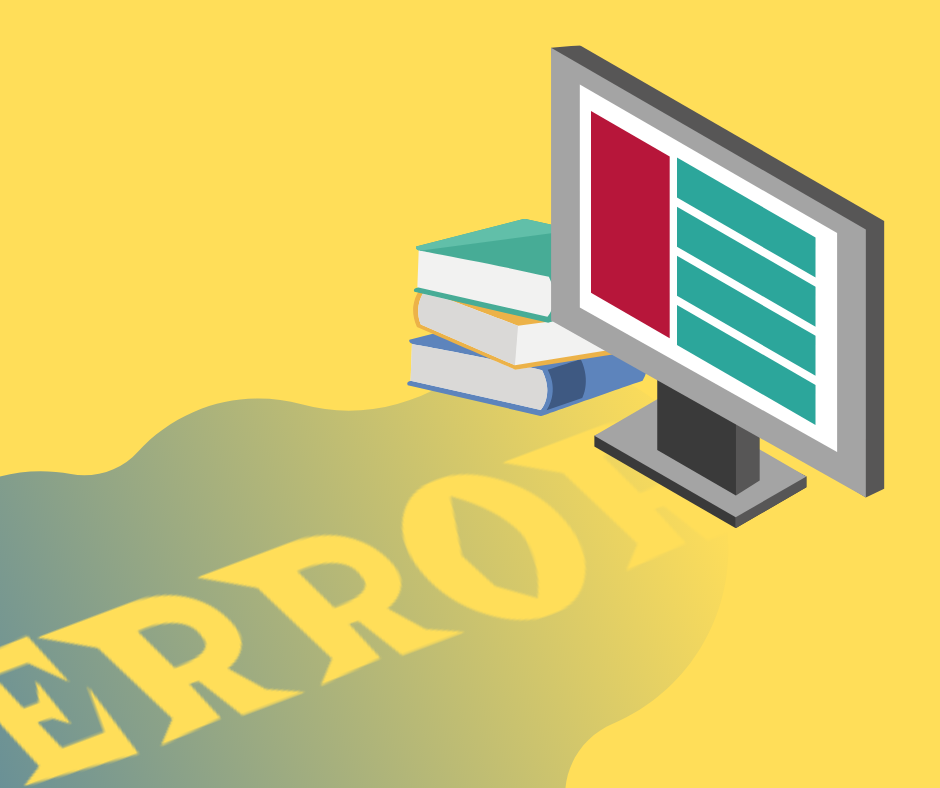Online testing creates new problems for AP students
By Sam Leitch, copy editor
After the College Board required AP exams to be taken online in light of the current coronavirus outbreak, students at Maria Carrillo High School and across the world faced a dire, unforeseeable problem: that as a result of software glitches or other problems with the internet format, several students faced added pressure or even failed to submit their tests entirely.
After her students took their online exam, AP Chemistry teacher Joy Schermer held a classwide Zoom meeting to discuss what they experienced over the past 45 minutes of testing. Of the 35 who attended, seven reported errors that prevented them from submitting their tests, including questions failing to load or completed answers failing to send, all while the timer continued to count down.
As there are 50 total students who took her course this year, Schermer can only confirm that the 35 in her meeting took the exam, but she reported that the change in format dissuaded several from attempting it. For some, the shift to an online test almost prevented them from taking it entirely. Schermer reported that one student called her before the testing period because their internet had gone out and another had to find a new computer “at the last minute” upon realizing that their six-year-old device could not run the College Board’s software.
“I can think of lots of people who have computers that are six years old,” Schermer said. “And I appreciate that [the Santa Rosa City Schools district] made sure that all students had access to Chromebooks...but not all students in all communities are able to have this access.”
Like Schermer, AP Calculus teacher Cindy Lui said her students had problems taking their tests. According to a post-test survey Lui conducted, nine students out of 53 reported issues ranging from submitted files being deemed incompatible to slow upload times that ran out the clock. According to the same survey, however, 86.8 percent of her students said the test material itself was either easier than or about what they expected. “The technical difficulties that students experienced during the AP Calculus online exam were really frustrating to hear about,” Lui said, “especially since the students all commented how they knew the material and felt confident with their answers on the actual math questions.”
AP Chemistry and AP Calculus are among a variety of exams that took place during the first week of testing. A week later, the College Board announced that students could submit their answers via email in the event of a technical error. However, it established that students with failed submissions occurring before this contingency plan could not resubmit their tests; if they hoped to improve their grades, they would have to apply for a makeup exam held in June.
Junior Nicole Morris panicked after receiving the alert that one of her questions didn’t submit; because her test was held before the email submission system appeared, Morris had to apply for a makeup test. “I guess it’s sort of unfair since a lot of kids are having to retake even though they finished the whole exam,” Morris said, “and the College Board could have maybe thought of the email thing before AP tests started.” A week after she took her exam, Morris found that the College Board had been able to manually retrieve her answers, but Lui reported that six out of the nine students who failed to submit their tests are still waiting for the makeup.
While the exam performed as intended for most students, some believe that the change in test structure itself posed challenges as well. Junior Vivian Chen feels that the AP Spanish test was not an accurate representation of what she has learned because of their decision to solely include the oral exam. “I think that excluding the writing portion put a lot of people at a disadvantage,” Chen said. “For a lot of native speakers, they speak Spanish pretty frequently and are comfortable with impromptu speaking, but for people that aren’t, the test was probably a lot harder.”
Schermer agreed that the test was not as accurate as it could have been, but she blames the extra stress placed on students, saying, “I work very hard during the year to prepare students for how to take a high-stakes test. I want the exam to solely be about chemistry, not test-taking skills...But I do not feel that with all those factors involved, the test could truly measure the chemistry content that my students have mastered.”
As for preparing for the upcoming makeup exams, Lui plans to host review sessions with any interested students, and Schermer said that she has given hers plenty of study material. Both expressed that they are not worried about how their students will perform.
“I think that the students who have to retake the test are definitely students who will keep on studying and make a conscientious effort to do the best…” Schermer said. “We have missed weeks and months of critical class time, necessitating many last-minute adjustments and lots of independent work. My students have continued to do this work with an incredibly cheerful, positive attitude and with a great commitment and without a single complaint.”
“I work with some amazing students and families.”

